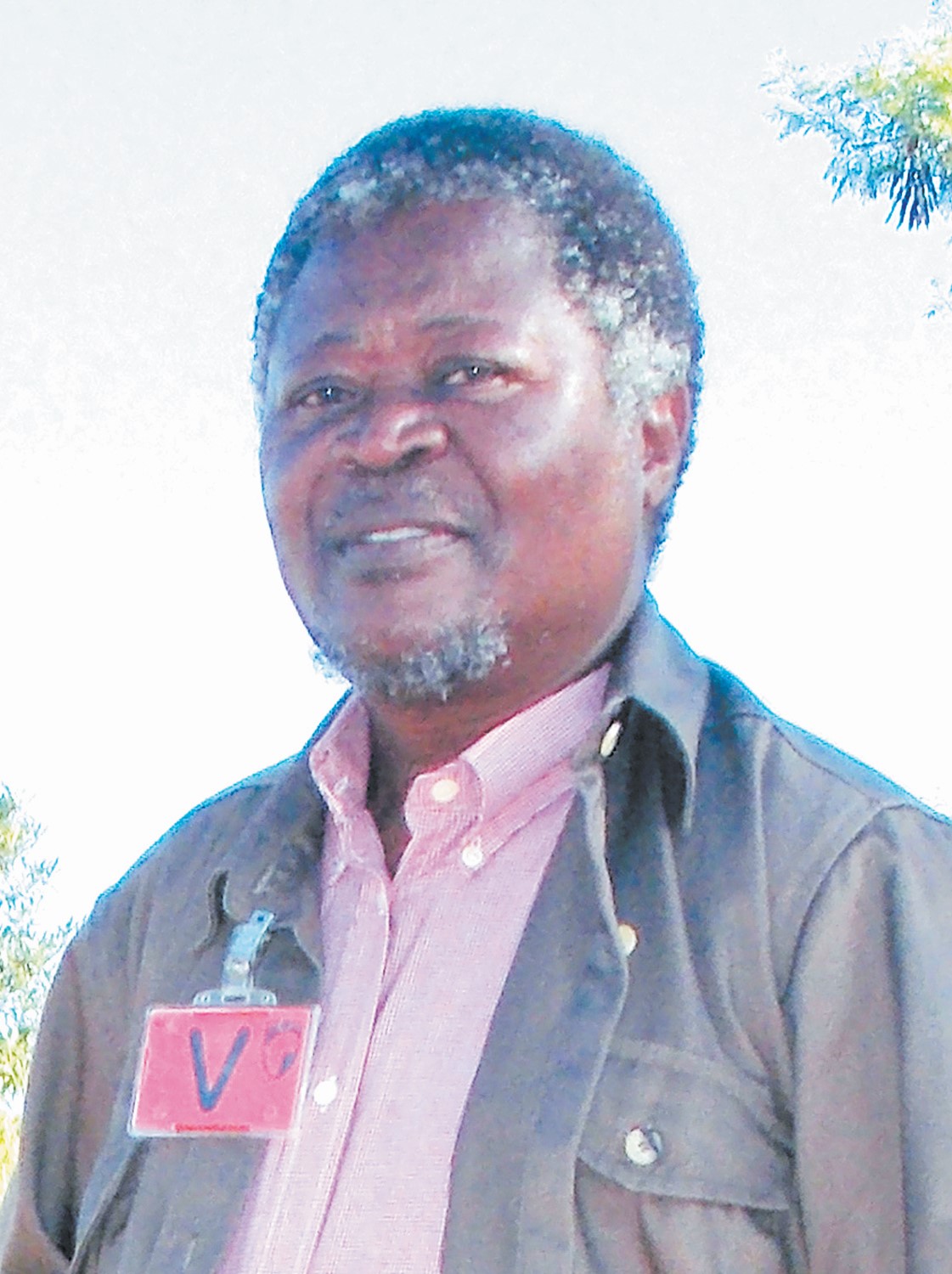
Mining
Government Tipped on How to Address Safety Issues in Small Scale Mines
January 21, 2025 / Admin

Chatupa: Most of the data is informal
In the wake of a rising number of accidents that are resulting in loss of lives of Artisanal and Smallscale Miners (ASMs), experts have tipped the Malawi Government on how to address occupational safety, health and environmental (OSHE) risks dogging the ASM subsector.
Mining industry expert James Chatupa observes that the lack of a coordinated regulatory framework is a key factor fueling ASM safety and environmental challenges stressing that institutions such as the Ministry of Mining, the Department of Environmental Affairs, and the Malawi Police Service are not working effectively together to monitor and enforce regulations.
“There is a major issue with how data on OSHE is collected. Most of the data is informal and lacks a structured database, making it difficult to track down the scale of the problem and develop targeted solutions,” says Chatupa, who is a veteran geologist and MD for local geological consultancy firm Craton Resources.
He also says the exclusion of ASM from mining reserved minerals is one of the reasons miners resort to illegal activities as it forces miners into dangerous and unregulated environments, which directly contributes to fatalities.
Chatupa calls on the Government to expediate the process of decentralizing mineral licencing activities.
He says:“There are already mandatory provisions in the Mines and Minerals Act, 25 of 2023 and in the Local Government Act of 1998. There is scope of taking the granting of the Artisanal Mining Permits to Chiefs/Village Heads. This would facilitate collection of data of ASM activities. The Village Head would charge the licencee a fee as instructed by the District Council.”
“The Chief would retain 50% of the fee to cover own expenses and send the other 50% to the DC, with a record showing the entity licenced, GPS location, commodity being mined and estimate of amounts to be mined. The Mines Department officers at the DC would compile the records for subsequent analysis. It would also be possible then for the technical officers to assess risks and provide advice to the miners, as a way of reducing accidents.”
Chatupa also bemoans the widespread use of mercury in gold extraction by ASM, often without any safety measures; which is exposing miners to toxic fumes and increasing the risk of respiratory diseases, including tuberculosis.
“Miners often work in poorly designed tunnels or caves, and without proper training and personal protective equipment, they use dangerous chemicals and equipment. This leads not only to fatal accidents but also to long-term health problems,” he said.
He also suggests linking ASM cooperatives with larger mining companies to provide guidance and ensure sustainable practices.
“By formalizing ASM operations, we can reduce environmental and financial losses, and even create more jobs for communities,” Chatupa said.
Biswas Ismael of the Natural Resources Justice Network, an umbrella body of civil society groups working in the extractive sector in Malawi, expresses concern over the deteriorating security situation in ASM hotspots such as Makanjira in Mangochi, where armed foreign nationals are reportedly engaging in illegal mining and destroying land.
“These illegal miners are often armed, and local communities are unable to stop the destruction of their land and resources. The government’s efforts to regulate mining are simply not enough.” Ismael says.
He also recommends that the Reserve Bank of Malawi, which is buying gold from ASMs thorough its structural market programme being implemented by its subsidiary Export Development Fund, invests in OSHE projects to improve the working conditions of miners and reduce the negative impacts on the environment. Ismael emphasizes the importance of stronger laws that focus on the welfare of people and the environment rather than profit.
“We need comprehensive and enforceable laws that not only address illegal mining but also promote sustainable mining practices that protect both the workers and the land,” he said.
Director for Mines and Minerals Regulatory Authority Samuel Sakhuta reportedly admitted to Mining & Trade Review that enforcement of OSHE regulations in ASM operations has been ineffective, with illegal miners constantly finding ways to circumvent the law.
“We need to be more proactive in curbing illegal mining and ensure that law enforcement agencies are properly resourced to deal with the problem,” Sakhuta said.
In a recent tragedy in Nkhotakota, nine small scale gold miners were killed in a cave-in at an illegal mining site. The miners, who had entered the cave near the Bua River, were reportedly from Chief Kapichira’s area. Deaths of miners due to accidents have also been reported in a number of other ASM.































